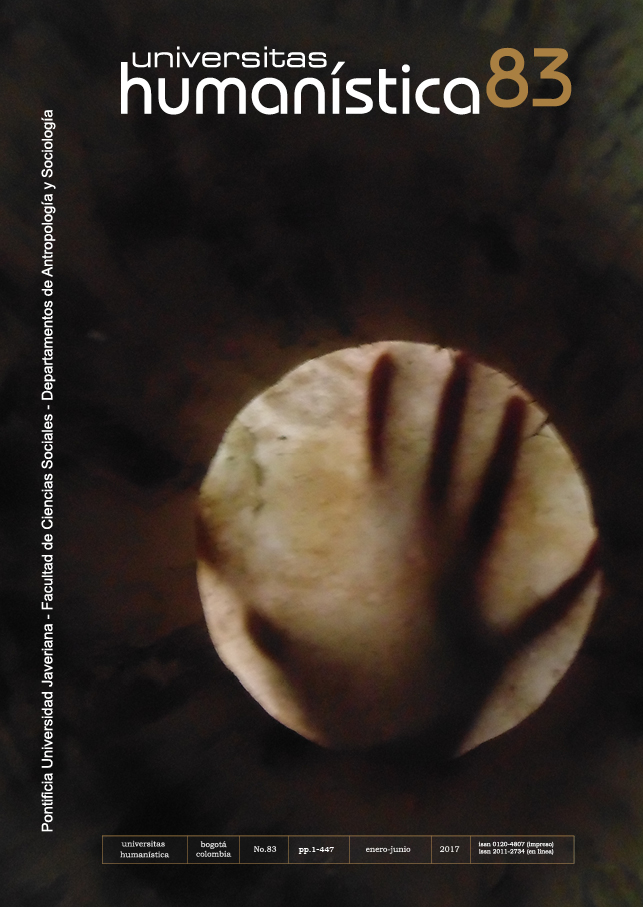Abstract
The relationship between indigenous groups and the Argentine state has been complex throughout history. In the framework of a state schooling model that did not recover the knowledge and experience of indigenous peoples, various churches defended their own interests, and replaced, challenged and supported State’s tasks. This paper discusses the links between the (Catholic and Protestant) churches and indigenous peoples, focusing on education, particularly on literacy process. We systematize actions that, for various purposes, sought to promote the oral and written use of the official state language by the tobas/qom and mbya-guaraní people (northern and northwestern Argentina), as well as facilitate the development of the writing of indigenous languages. In many cases and even with contradictions, these actions represent an understudied precedent of intercultural school education. Methodologically, documentary sources and theoretical analyzes are recovered in light of ethnographic field explorations made in the last decade with those populations.

This journal provides immediate open access to its content on the principle that making research freely available to the public, encourages greater global exchange of knowledge.
The journal Universitas Humanística is registered under a Creative Commons Attribution 4.0 International Public License. Thus, this work may be reproduced, distributed, and publicly shared in digital format, as long as the names of the authors and Pontificia Universidad Javeriana are acknowledged. Others are allowed to quote, adapt, transform, auto-archive, republish, and create based on this material, for any purpose (even commercial ones), provided the authorship is duly acknowledged, a link to the original work is provided, and it is specified if changes have been made. Pontificia Universidad Javeriana does not hold the rights of published works and the authors are solely responsible for the contents of their works; they keep the moral, intellectual, privacy, and publicity rights.
Approving the intervention of the work (review, copy-editing, translation, layout) and the following outreach, are granted through an use license and not through an assignment of rights. This means the journal and Pontificia Universidad Javeriana cannot be held responsible for any ethical malpractice by the authors. As a consequence of the protection granted by the use license, the journal is not required to publish recantations or modify information already published, unless the errata stems from the editorial management process. Publishing contents in this journal does not generate royalties for contributors.


